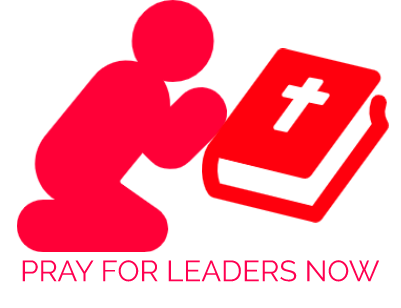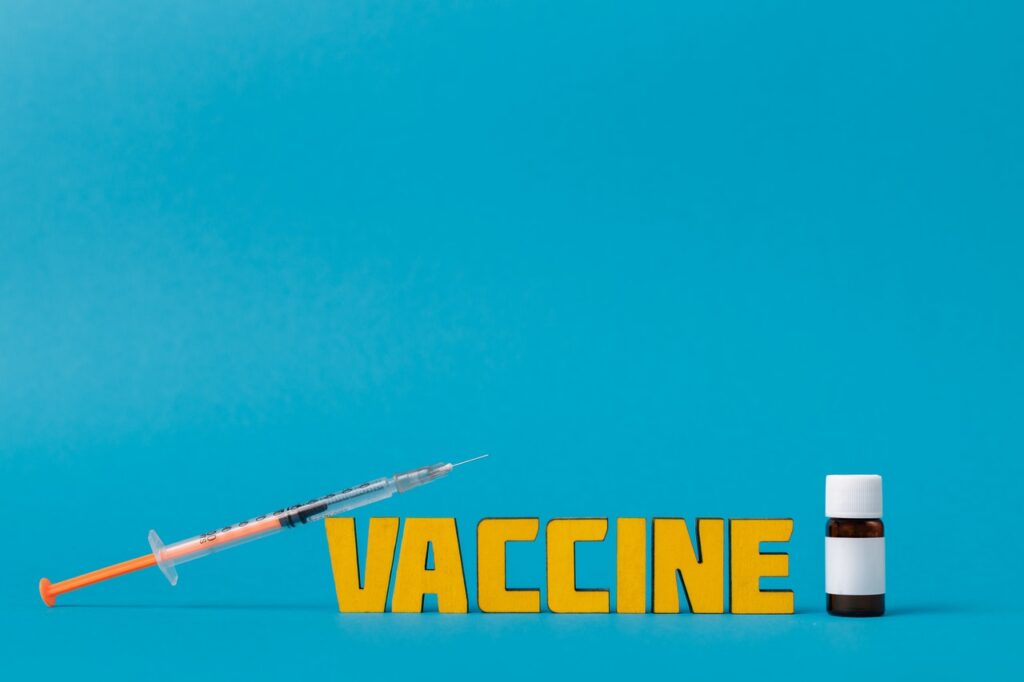Leaders of developing countries are particularly vulnerable during this pandemic
(Culled from Washington Post – PostEverything . Perspective)
People older than 60 have a significantly higher risk of mortality and severe illness from covid-19. This group includes heads of state worldwide, and the majority in Africa, the Middle East, Latin America and the Caribbean. While any head of state or minister will probably have the best health-care available, that might not be enough in a developing country with a weak and overwhelmed health system. Many African countries, for example, have fewer intensive care unit beds nationwide than the average American hospital. Normally this isn’t a problem for elites because they can go abroad for quality care, but travel restrictions make that option unavailable.
These leaders regularly face stress and crises, but their security, money and access to medical care normally shield them from the personal vulnerability that they feel right now. The coronavirus pandemic is unlike economic shocks, natural disasters, or other infectious diseases that do not discriminate based on age or, as is often the case, principally endanger the young and poor. So, while faced with perhaps the greatest challenge of their careers, leaders who are senior in both age and responsibility will also naturally be preoccupied with their personal health and safety, which could impede their response to the coronavirus crisis.
Many leaders could likely make poorer decisions, because heightened stress and prolonged uncertainty can impair cognitive functions and make it harder to see and weigh options. Leadership during any crisis is stressful, but extrapolating from psychology research, the personal risk involved could make leaders even less able to think creatively, solve problems and carry on important functions. These instinctive pressures work against what is most needed in times of crisis, such as inclusive decision-making, resisting impulsive actions and projecting empathy and hope.
Leaders’ fears might also trigger a self-preservation instinct as they weigh trade-offs between efforts to slow the spread of the disease (such as sheltering in place) and the needs of those who must leave their homes and work each day to survive (an estimated 736 million people live on less than $1.90 per day). As lives hang in the balance, these are incredibly difficult decisions. The psychology of being at direct risk may affect how older leaders balance the interests at stake, and their personal health considerations may unwittingly color their perspective. It implies no malice to observe that these older officials face a relatively high risk of coronavirus infection and virtually no risk of starvation.
But perhaps the largest threat the pandemic poses is to cause government to slow down precisely when it must speed up. Governments in developing countries are typically beset by uneven capacity and weaker — and more highly personalized — institutions of governance. Older leaders may act more conservatively, such as enacting longer or more extreme forms of social distancing than their younger counterparts to try to avoid sickness, making government communication and decision-making harder. As the senior director responsible for Africa for the Obama administration during the Ebola epidemic, I saw firsthand the importance of close government coordination with community and religious leaders and foreign and private-sector partners. But this becomes more difficult as senior officials take extra steps to avoid the more easily transmissible contagion of the coronavirus.
All of this will be happening as government messaging might be less trusted and effective. In gerontocracies where government officials are much older than the average citizen, these leaders might face even higher levels of distrust. In sub-Saharan Africa, where the average age of a head of state is 65 but the median age of the population is 19, distrust of governments already runs high. As happened during the Ebola crisis, misconceptions about the disease on social media and WhatsApp groups are rampant. Citizens may be prone to discount government messages, perceiving “old” leaders as acting in their own self-interest, which will reduce governments’ ability to encourage safe practices to tamp down the virus.
This is not to say that every aged leader will be affected equally, become incapacitated or act based on personal fear. Leadership styles and personalities vary, and some leaders are more adept than others at responding to crises. Nor does this imply that leaders of developed countries are better at managing highly personal psychological impacts of the virus. But these effects can be blunted by the access to higher quality health care and stronger, more resilient government institutions that developed countries tend to have.
As the world seeks to make sense of and respond to this pandemic and the associated loss, fear and economic devastation it brings, the psychological effect and emotional toll on global leaders must be taken into account. This pandemic is unlike emergencies we have faced in the past. If senior leaders recognize and confront possible blind spots, biases and capacity gaps (for instance, by listening to a diverse network of advisers and experienced public health officials), they can build trust and a more effective response.




